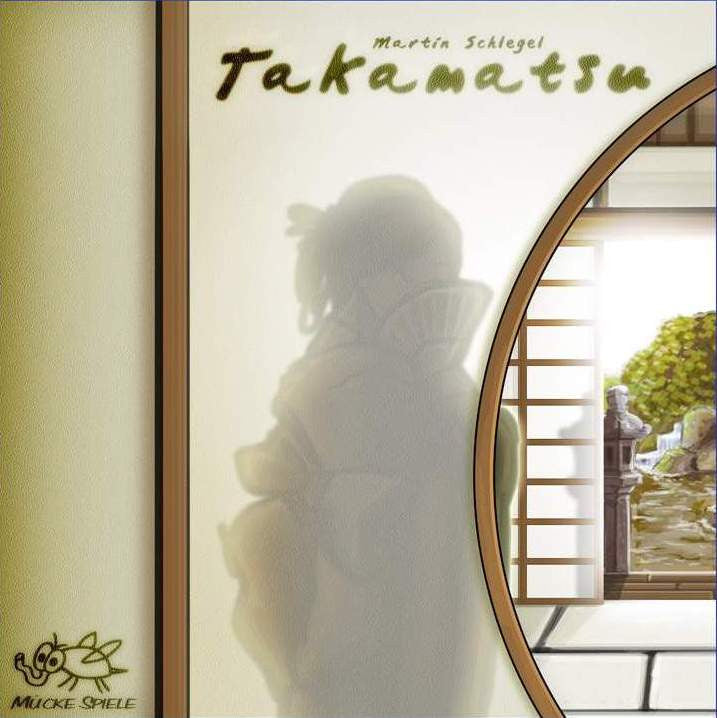Takamatsu (Import)
Products title that includes 'PRE-ORDER' is subject to our Pre-order Policy
Couldn't load pickup availability
Delivery and Shipping
Delivery and Shipping
For more details, please refer to our Shipping and Order Information.
Pre-Order Policy
- Pre-order items are charged at the time the order is placed.
- Prices for pre-order items are subject to change based on final landed costs.
- If the final price is lower, the difference will be refunded to the customer in the form of store credit.
- If the final price is higher, customers will be given the option to either:
- Pay the difference, or
- Cancel the item for a full refund.
- Orders containing pre-order items will be placed on hold until all items in the order are available.
- Once all items have arrived and pricing remains unchanged, the order will be automatically shipped.
- Pre-orders are fulfilled on a first-come, first-served basis.
- If a pre-ordered item becomes unavailable (e.g., the publisher cancels the product), a full refund will be issued.
- Pre-orders may be cancelled and refunded by customers or the store.
- For transactions that are no longer eligible for direct refunds due to payment processor limitations, a store credit will be issued instead.
Description
Description
| Designer | Martin Schlegel |
| Publisher | Mücke Spiele |
| Players | 2-5 |
| Playtime | 30 mins |
| Suggested Age | 10 and up |
Note: This game includes English, Japanese and German. For a preview, English rule can be found here.
There's excitement in the capital as Shogun Tokugawa Ieyasu wants to assign the Han of Takamatsu in a challenge. The competing daimyos direct their samurai through the palace following simple rules and quickly see that they can use the samurai of the other daimyos for their purposes.Takamatsu is a game of conflict and cooperation, with players trying to place (or not place!) their samurai in their own rooms. The palace consists of two circular paths that merge at one point, then separate once again. Players have 5-7 samurai that are split between two color-coded rooms at the start of the game, and a row of scoring cards — some face-down — are laid out next to the board.
On a turn, you choose a room that contains at least one of your samurai, then you move some number of samurai in this room clockwise from this space. If the room contains only one samurai, you can move it one space; if it contains two, you can move both two spaces or only one a single space — but if an opposing samurai is with you, then you must move both exactly two spaces. When a room has three or more samurai, he must leave at least one behind (while still needing to bring at least one opposing samurai along, if any). When a samurai ends movement in a room of the same color, that samurai's daimyo collects the topmost scoring card, with multiple scorings being possible on a turn. For each open scoring card collected, the player immediately adjusts his scoring marker — which could move you back on the track, so sometimes you want to escort another samurai to his pad instead of bringing him to your place.
When one player reaches twenty points, players finish the round, then tally their hidden scoring cards, if any. The player with the most points wins! (With two players, each daimyo controls two colors of samurai and must move an opposing samurai when possible. After one pagoda reaches the twenty point threshold, the players sum their two scores to determine a winner.)


